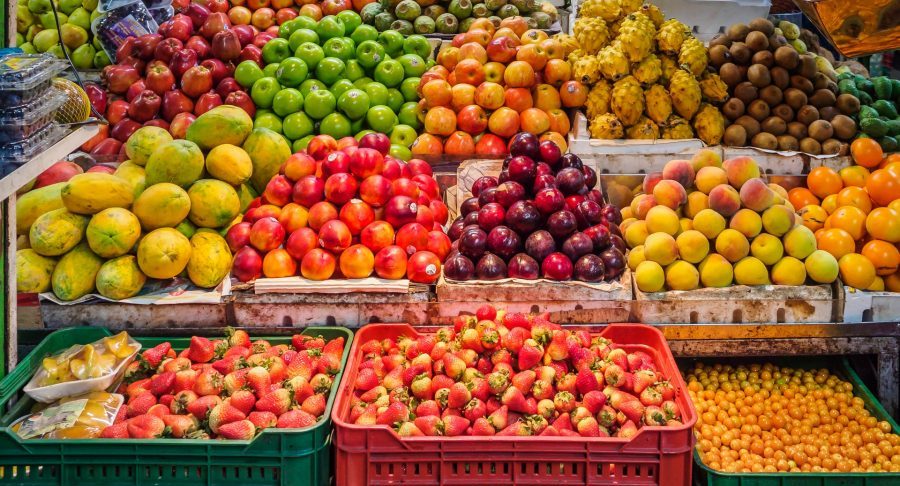When presenting the document, under discussion in the specialized committees of the National Assembly, the minister of Finance, Vera Daves, informed that the government decision resulted from an in-depth study given the current conditions of the national economy.
The proposed products include meat and offal from beef, pork, sheep and goats, poultry (except turkey and goose), fish (except shark, salmon and cod), milk, yogurt, butter or margarine, as well as eggs, edible vegetables, fruits, tea, cereals, corn and wheat flour, as well as cooking oil, sugar, pasta, bread and other pastries, water and salt, among others.
Meawhile, opposition parties advocate that VAT should be eliminated on these products that the population consumes most.
At the time, the minister explained that it is unfeasible to have the VAT below zero%.
“From our analysis towards other realities that have it at zero percent, we found that the final effect is an increase in prices instead of a reduction, taking into account that companies that sell products at zero% VAT are still eligible for their refund”, she pointed out.
She added that companies and citizens themselves would see the exercise of a VAT at a zero percent rate not having the expected positive effect.
The debate, which was marked by moments of great tension between deputies, will continue on Tuesday.
The Legislative initiative of the Head of the State, as holder of the Executive Power, aims to adapt the legal tool to the reality of the country’s current economic and social context and the economic and financial challenges faced by families and companies.
In the initial proposal, the government proposed to reduce the VAT incidence rate on all food items from 14 to 7%, with the exception of the province of Cabinda, which would have a single VAT incidence rate, in the order of 1%, taking into account the Special Regime in force in that region, due to the geographical discontinuity.
